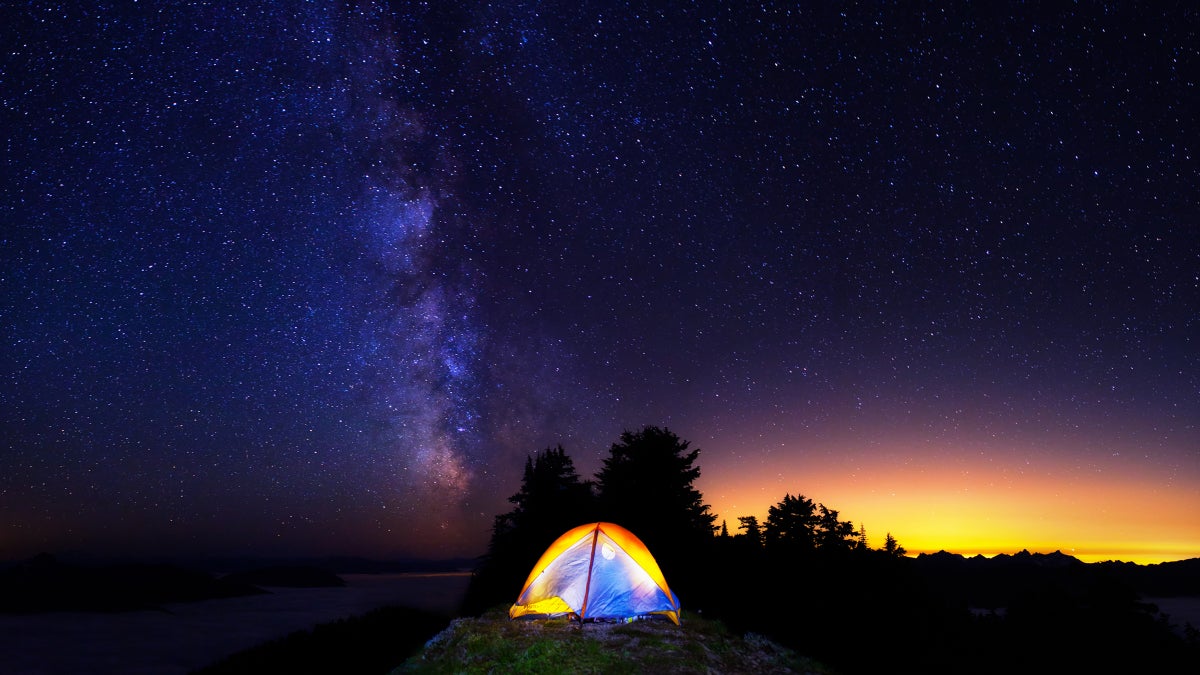Comprehensive Guide to Planning Your First Car Camping Trip
Concetti Chiave
The author emphasizes the affordability and fun of car camping, highlighting the unique experience of enjoying public lands close to home.
Sintesi
Planning your first car camping trip involves choosing between developed campgrounds or dispersed camping, selecting appropriate gear like tents and sleeping bags, and following safety measures to ensure a responsible outdoor experience.
How to Plan Your First Car Camping Trip
Statistiche
Budget tents start at $35 while higher quality brands begin around $150.
A basic four-person tent is suitable for two people on a car camping trip.
Disposable plates and utensils are recommended for easy cleanup during camping trips.
Bug spray with DEET is effective in repelling mosquitoes during outdoor activities.
OnX OffRoad app provides detailed information on off-road travel through public lands.
Citazioni
"Camp responsibly by consulting and abiding by all state and local regulations."
"Make sure everyone is involved in the camping process by giving them tasks and responsibilities."
Approfondimenti chiave tratti da
by Wes Siler alle www.outsideonline.com 05-20-2020
https://www.outsideonline.com/outdoor-adventure/exploration-survival/how-to-plan-first-car-camping-trip/
Domande più approfondite
How can travelers minimize their impact on the environment while car camping?
To minimize their impact on the environment while car camping, travelers should follow Leave No Trace (LNT) principles. This includes packing out all trash, using designated campsites when available, disposing of waste properly (including human waste), and respecting wildlife by keeping a safe distance and not feeding them. Additionally, campers should avoid using soap or detergent in natural water sources to prevent contamination and choose reusable camping gear over disposable items to reduce waste.
What are the potential drawbacks of relying on technology like navigation apps during outdoor adventures?
While navigation apps like OnX OffRoad can be incredibly helpful for finding dispersed campsites and navigating off-road through public lands, there are potential drawbacks to relying solely on technology. One major drawback is the risk of technical failures such as dead batteries or loss of GPS signal in remote areas where cell service may be limited. Depending too heavily on technology can also lead to a lack of basic navigational skills development among outdoor enthusiasts, making them more vulnerable if they encounter unexpected situations without access to digital maps.
How can individuals balance adventure with responsibility when planning outdoor activities?
Individuals can balance adventure with responsibility by prioritizing safety, environmental stewardship, and ethical practices during their outdoor adventures. This includes thorough trip planning to ensure preparedness for emergencies, following regulations regarding campfires and wildlife interactions, practicing Leave No Trace principles to minimize environmental impact, and respecting local communities by adhering to guidelines set forth by state and local authorities. By combining a spirit of exploration with mindfulness towards nature conservation and community well-being, individuals can enjoy outdoor activities responsibly while minimizing negative consequences.
0
